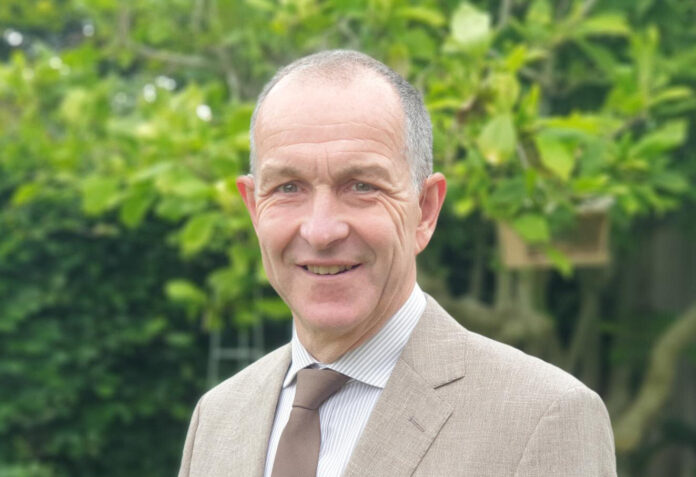For decades, technology has been trapped in a cycle of forced obsolescence. Each year, a new iPhone or Android release quietly renders last year’s model “less than.”
Features stop working. Updates slow down. Consumers upgrade not because they want to, but because the system is designed to make their old device feel obsolete.
The rise of artificial intelligence could break that cycle.
Unlike apps or operating systems that depend on device horsepower, most AI systems live in the cloud.
AI POWERED ANSWERS
The intelligence doesn’t sit on your phone or laptop, it sits on servers. All your device has to do is send and receive text, or basic voice. That means the newest AI features are no longer gated behind the latest chipsets.
A ten-year-old Android phone, a cheap Chromebook or a refurbished laptop can now deliver the same AI-powered answers as the newest flagship model.
This flips the equation. Instead of consumers chasing devices, devices become simple terminals into vast intelligence networks. As long as you can get a signal, you can access the same power.
SOCIAL AND ENVIRONMENTAL UPSIDE
This shift matters far beyond convenience. Planned obsolescence has been one of the largest drivers of e-waste.
In 2023 alone, the world threw away over 60 million tonnes of electronic waste, much of it perfectly functional hardware deemed “too old.”
AI changes that equation.
Third World Access: If AI works on any device with basic internet, billions of people are no longer excluded from the digital economy simply because they can’t afford the latest iPhone.
Environmental Sustainability: Keeping a smartphone for an extra two years saves around 70 kg of CO₂e. Extending a laptop’s life by three years saves about 300 kg. Multiply that across millions of devices and the offset runs into tens of millions of tonnes of carbon annually. AI doesn’t just need offset schemes – it is one.
Economic Equality: By lowering the hardware barrier, AI opens access to digital tools previously reserved for wealthy markets.
It’s not an exaggeration to say this could be the most democratic leap forward since the mobile phone itself.
PUSHBACK FROM INCUMBENTS
Not everyone is ready to embrace this. Some incumbents are already limiting AI to their most expensive models.
Apple’s new “Apple Intelligence” features, for example, only work on the most latest iPhone and iPad models with the latest M-series chips. That is, in essence, planned obsolescence dressed as innovation.
But the writing is on the wall, or rather, on the paywall.
In the long run, consumers will go where the intelligence is accessible, not where it’s restricted. And AI infrastructure is indifferent to whether it’s delivering results to a shiny flagship or a battered budget handset.
INFRASTRUCTURE, NOT FASHION
The lesson is clear. AI is changing the economics of technology. Devices no longer need to be fashionable to be useful.
The winners in the AI era will be those who provide the infrastructure – the systems that make information discoverable, usable and open.
If I dug out my old iPad, Apple would still call it obsolete. Most apps no longer run.
But the principle is what matters. In the AI era, if a device can still open a browser, it can deliver the same answers as the newest flagship.
If you don’t believe me, try it yourself.
Dig out the oldest device in your house that can still connect to the web. Open a browser. Ask an AI a question. You’ll get the same intelligence as anyone with the latest gadget. Suddenly, obsolescence looks a lot less certain.
That’s good news for consumers. It’s revolutionary for the developing world. And it’s excellent news for the planet.





